Highlights of SynBioBeta 2018 Day 3, Twist $86.3M IPO, Pivot Bio’s $70M, Genomatica’s $90M
Highlights of SynBioBeta 2018 Day 3, Twist $86.3M IPO, Pivot Bio’s $70M, Genomatica’s $90M
John Cumbers took the stage to welcome our community and announce that Twist Bioscience filed for a $86.3M IPO! He also mentioned that the Nobel Prize in chemistry was awarded jointly to three scientists whose work contributed to the foundation of synthetic biology: CalTech’s Frances Arnold won for the directed evolution of enzymes and George Smith and Sir Gregory Winter won for the phage display of peptides and antibodies.
The talks then began with a look-back by Tim Gardner, founder and CEO of Riffyn, on the past two decades of progress in synthetic biology. A key lesson: Understand your cost drivers as early as possible. Don’t just focus on making that first strain – that’s never going to be the full story. Focus instead on what it will take to deliver your technology at scale.

“Our futures are brighter when we learn from the past.” — Tim Gardner, CEO Riffyn
To celebrate the ground-breaking publication of the Riffyn scientific development environment (SDE) in the journal Scientific Data, Tim Gardner announced that Riffyn is launching Open Access, which provides free use of the SDE for next-generation design and publishing of experiments.Ginkgo’s Jason Kelly and Genomatica’s Christophe Schilling followed up with an enlightening discussion about their efforts to bring biotechnologies to scale, moderated by Business Insider’s Erin Brodwin. “Our ability to program has gotten better,” said Kelly, “but at the end of the day, what people are going to look for are products on the market that are going to change their life.” Both men pointed to Genomatica’s BDO plant as a crucial “tour de force” for the field. The path to mass production is long and challenging, noted Schilling, “but you can get there.” Genomatica has just completed $90 million in financing and announced it is is expanding its relationship with Ginkgo to accelerate biotechnology innovations for widely-used chemicals.

“The biggest lesson for me? You really can’t skip any steps in the process. Don’t cut corners.” — Christophe Schilling, Genomatica (middle)Next up was a series of talks on DNA data storage — sponsored by SemiSynBio — by speakers from the Semiconductor Research Corporation, Catalog DNA, Mubadala Ventures, IARPA, Twist Bioscience (which just filed for a $86.3M IPO). For more than 30 years, SRC has done the hard work that makes Moore's law possible. That SRC’s chief scientist, Victor Zhirnov, came to speak at gathering of synthetic biology geeks says something truly remarkable about the promise of bio-based computing.
Zhirnov and colleagues just published an ambitious roadmap for how biology might be used to sustain the computer industry. The status quo, he explained, “is bad news.” Today’s methods for building computer chips are about to run into a wall. The roadmap offers a way out, and is already making a big impact at NFS, IARPA, and beyond.

“Information along with energy has been the social-economic growth engine of civilization since its very beginning.” — Victor Zhirnov, Chief Scientist at SRCCATALOG announced a partnership and plans for a machine that will encode data in DNA with Cambridge Consultants.
In yet another testament to the bioeconomy becoming mainstream, representatives from commercial giants Dow Chemical and BASF shared a stage with speakers from Checkerspot, ManusBio and Genomatica. This series of talks — sponsored by Ecovative — touched on sustainable coffee pods, carbon-capturing succinate, designer fatty acids from algae, and much more. When it comes to direct-to-consumer products, markets are primed for disruption, said Checkerspot CEO Charles Dimmler. “91% of consumers say that they don’t have brand allegiance unless the brand has a deeper purpose,” he said.After coffee (is there ever enough coffee?) we gathered back at the main stage for even more exceptional talks:Food 2.0: Speakers from Amai Proteins, Berkeley Brewing Science, Conagen, Wild Earth, and the Good Food Institute gave us glimpses of what will be gracing our dinner plates, beer glasses, and even pet food bowls in the near future. The growth in this field has been astonishing, but according to GFI Senior Scientist Liz Specht, we are still just at the beginning.

“We’ve had things like veggie burgers around forever, but it’s really in just the last few years that companies have tried to cater to omnivores.” — Liz Specht, The Good Food Institute

“I decided to dedicate my life to curing the foods that we eat rather than the diseases we get from them.” — Ilan Samish, CEO Amai.Agriculture’s pivot towards synthetic biology: Karsten Temme, CEO of Pivot Bio and Nishan Degnarain of the World Economic Forum met on the mushroom stage for an inspiring fireside chat about Pivot’s efforts to improve the world’s dirty fertilizer business. “Half of all fertilizer turns into air and water pollution,” noted Temme. Pivot’s ProveN product — launched this week — lets farmers boost soil microbiomes as a new way of spoon feeding nutrients into crops. Pivot Bio also announced $70 million in a Series B funding round led by Breakthrough Energy Ventures.
After a Twist-sponsored lunch and midday discussions, we bounced between parallel panels and breakout talks focused on a huge range of topics, including: the merger of blockchain and synthetic biology, the importance of science fiction in our field, cell-free systems, design thinking, genetic literacy, and so, so much more.To close things out, we gathered back at the main stage to hear from UC Berkeley’s Michael Eisen on the role of scientists in politics. “We need to be making the case that the most challenging issues we are facing as a country are all, fundamentally, scientific issues,” he said. Next was a discussion of automation and machine learning in biopharma between Mark Fischer-Colbrie of Labcyte and Brent Dorr of GSK, moderated by Distributed Bio’s Aishani Aatresh.We ended the conference with a look towards the future. Michael Kamdar, Sarah Milsom, Andrew Hessel, Leslie Mitchell, and Rob Carlson took the stage to discuss what’s next in DNA synthesis.

“Right now if you go to a DNA synthesis company, it’s room size. It will go down to being box sized. And it’s going to go down to being on chips.” — Andrew Hessel



.svg)






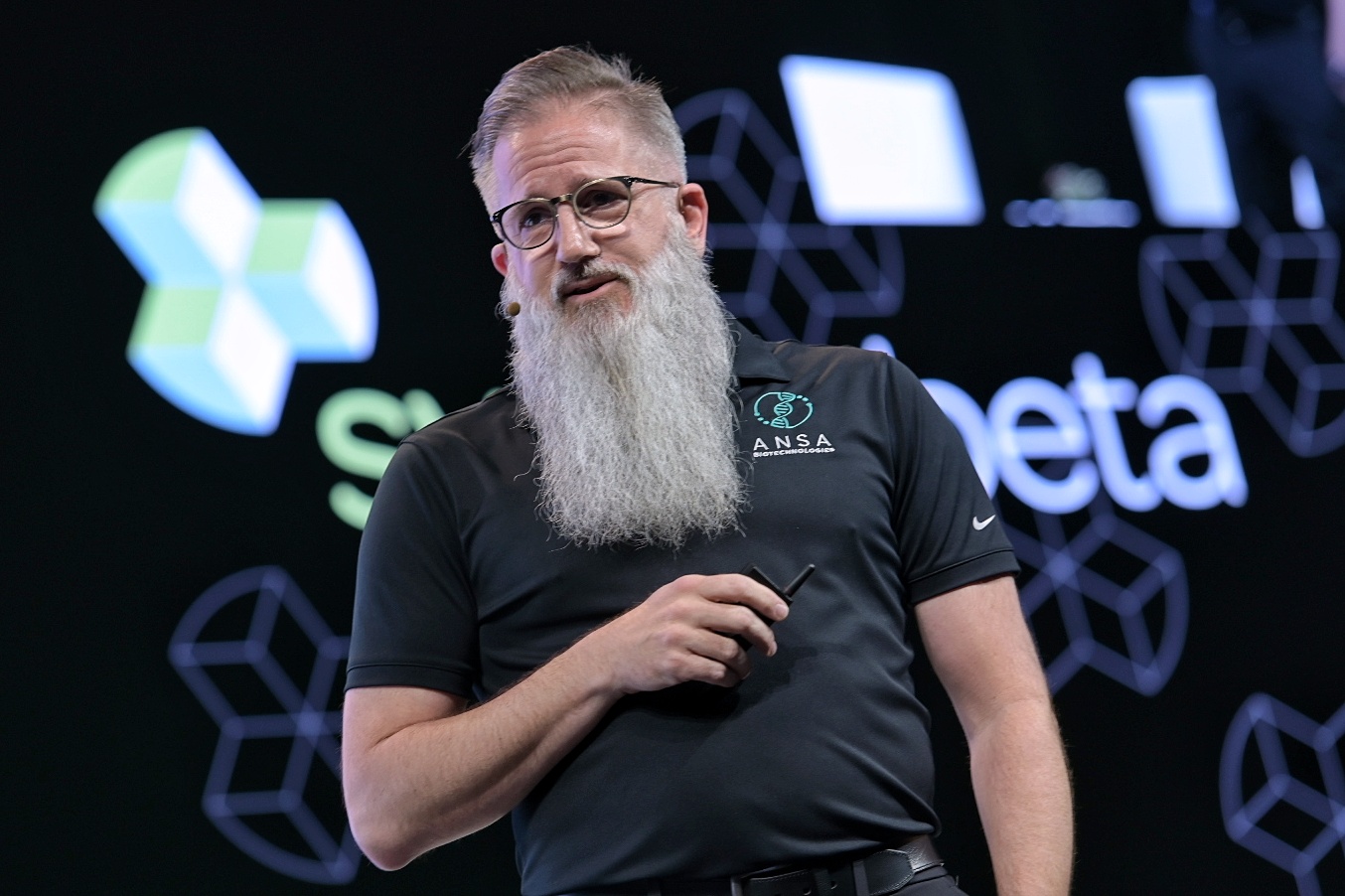
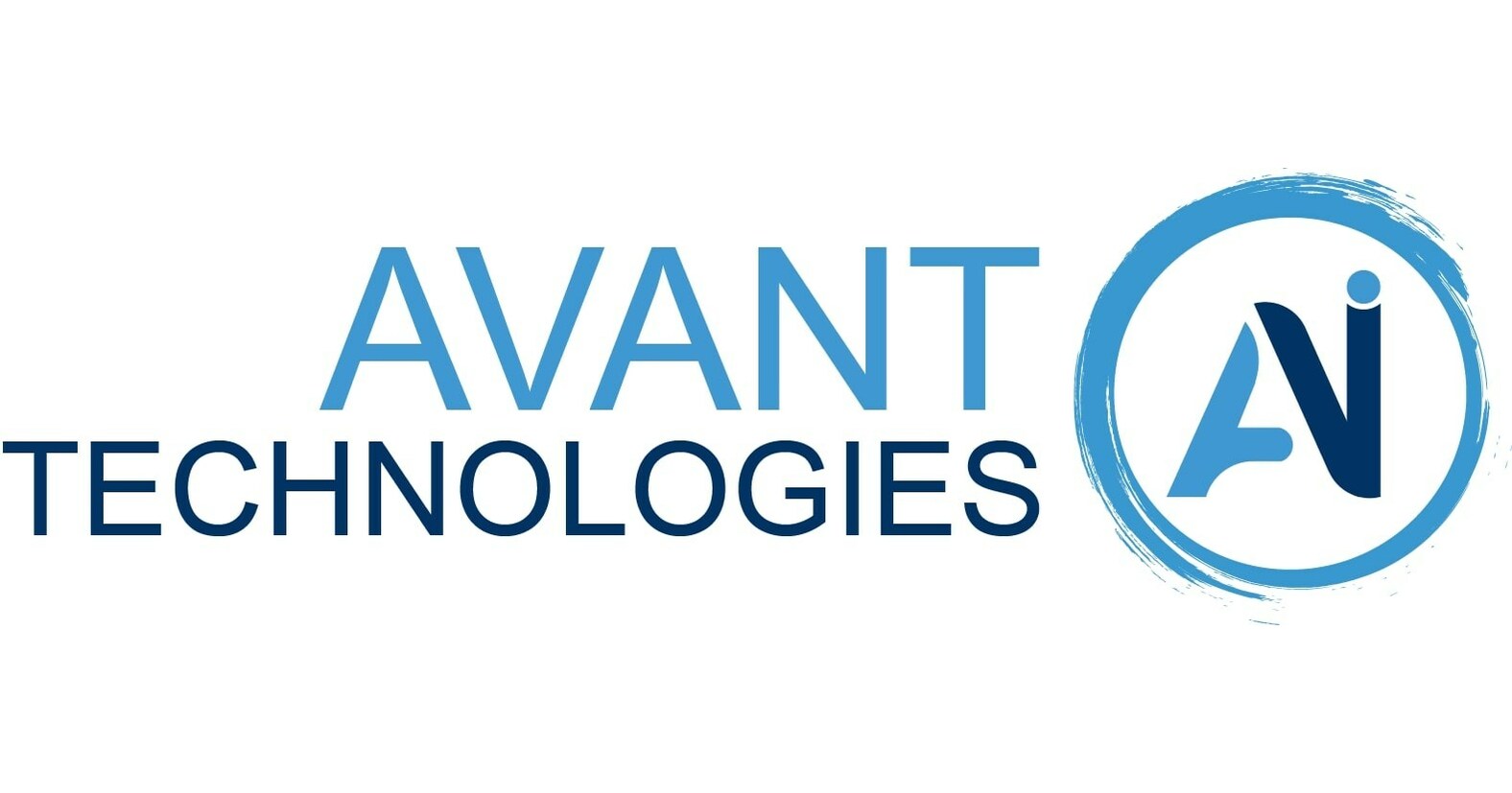
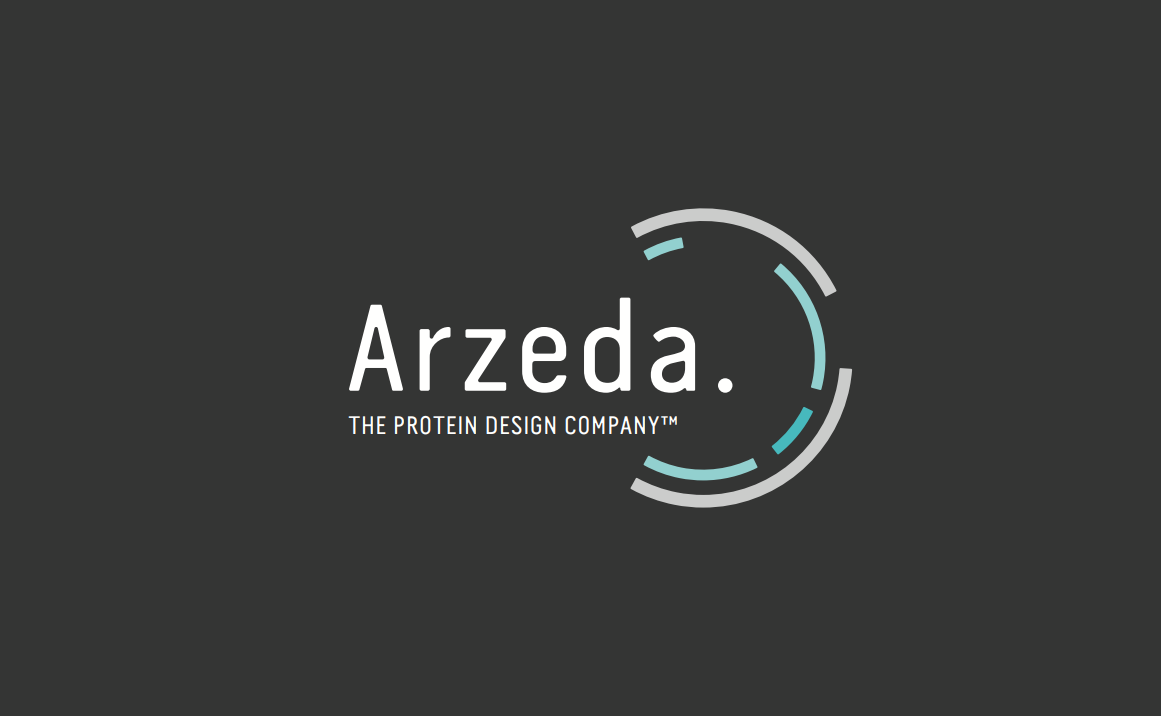
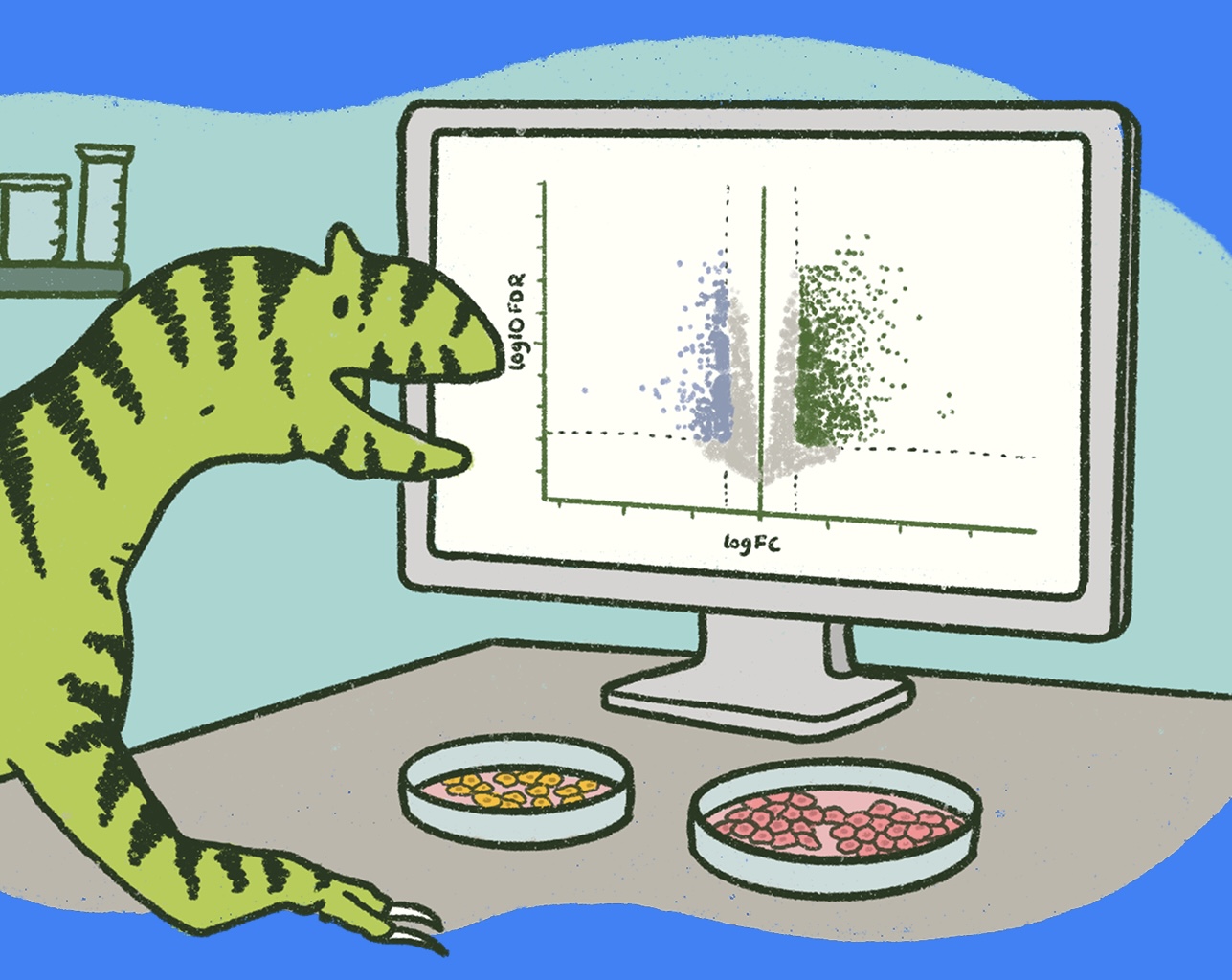
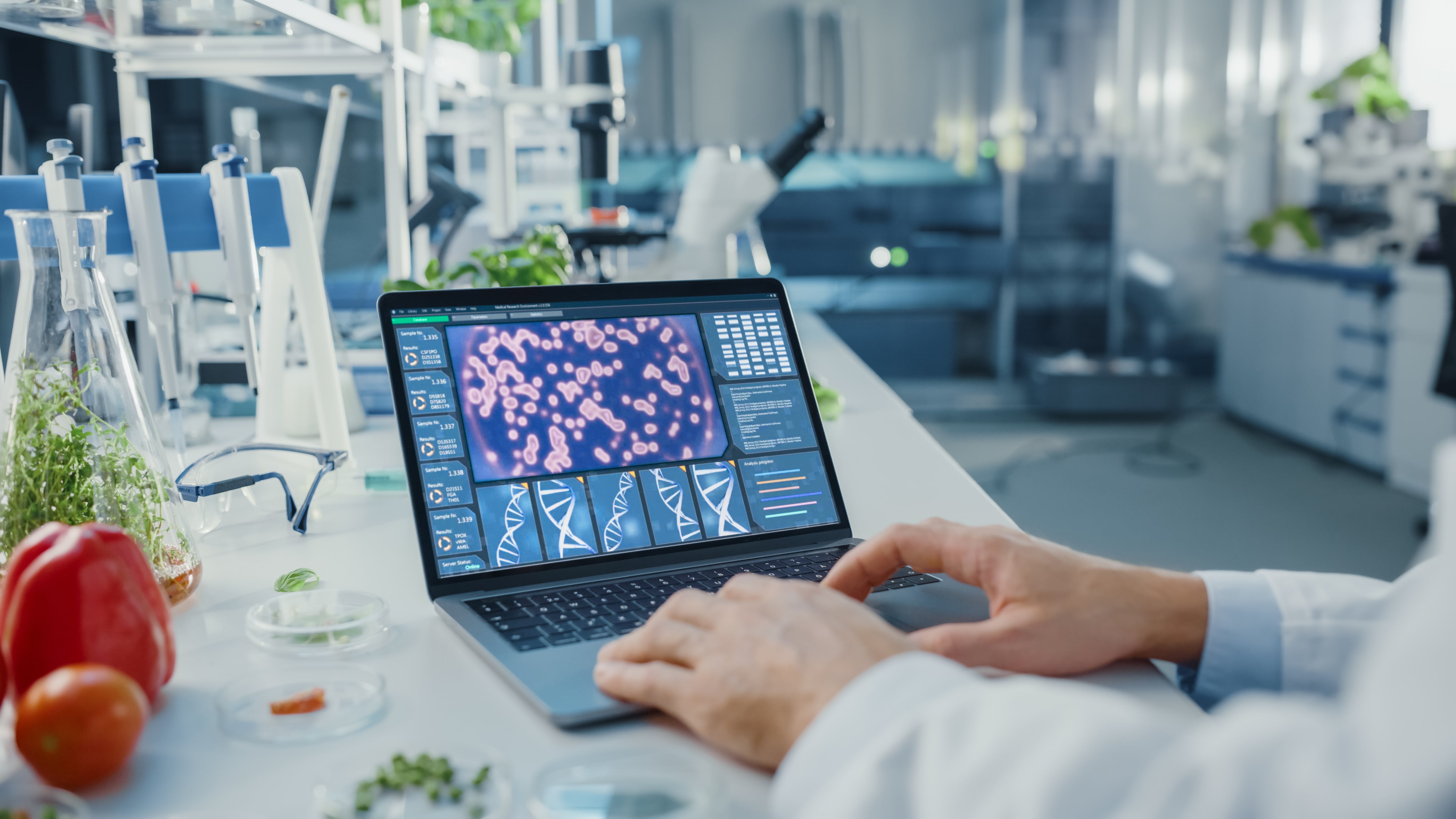
-min.png)
.gif)